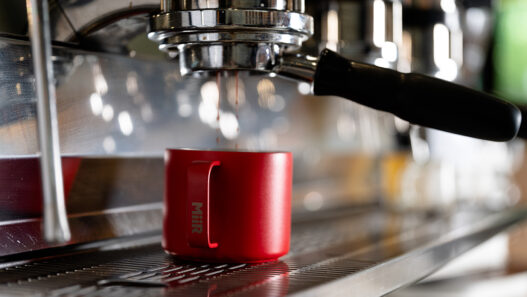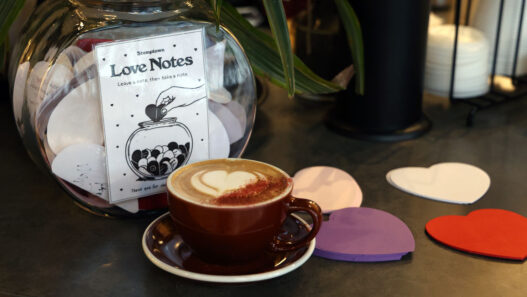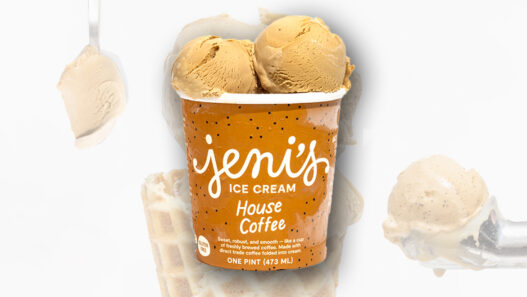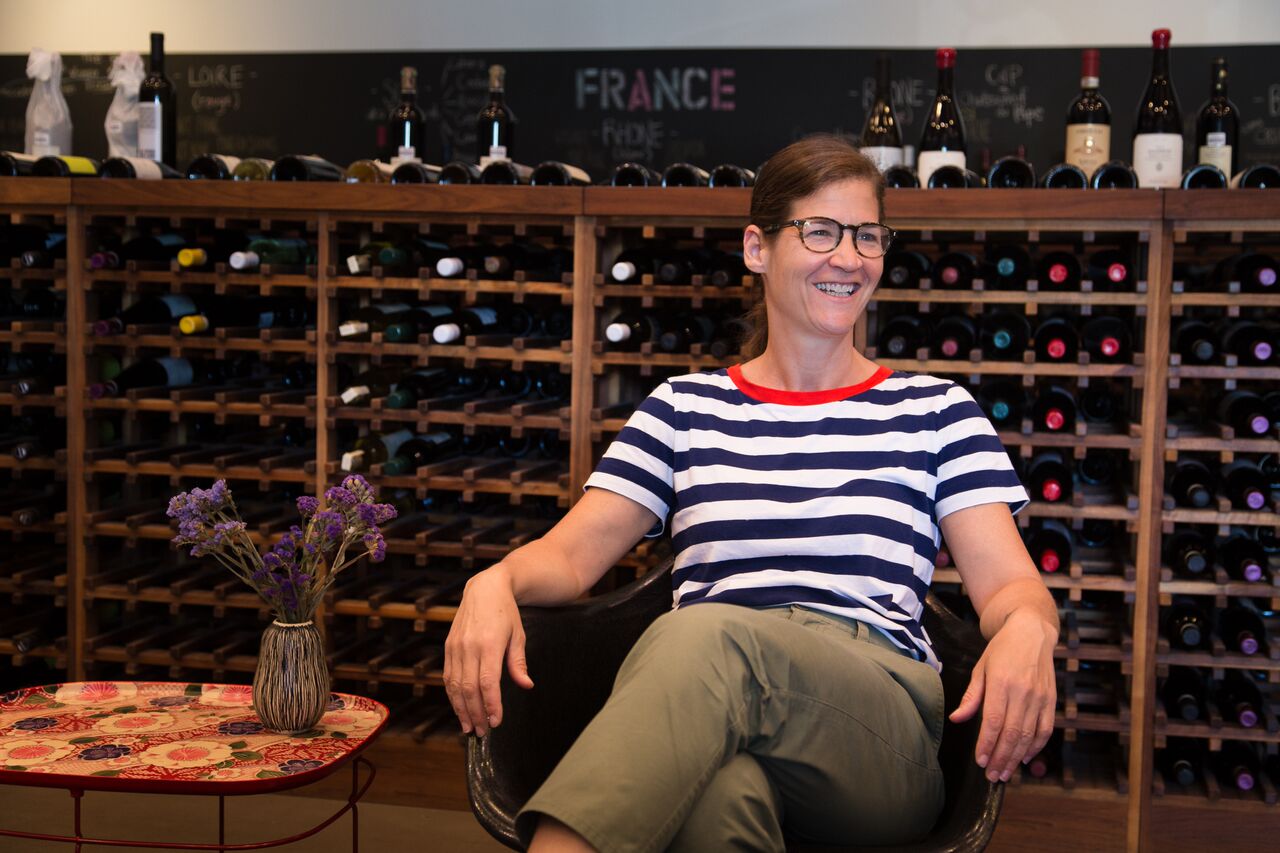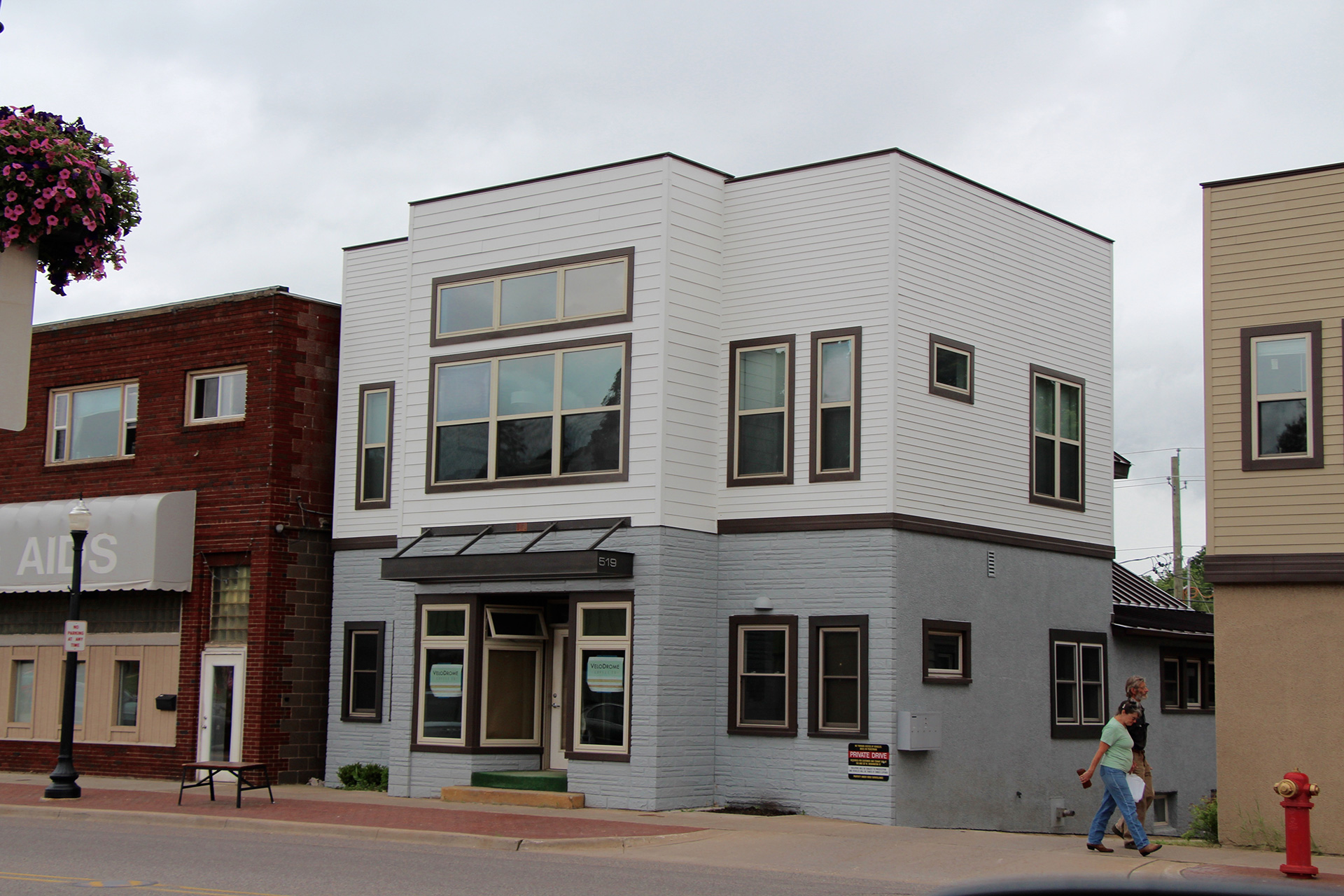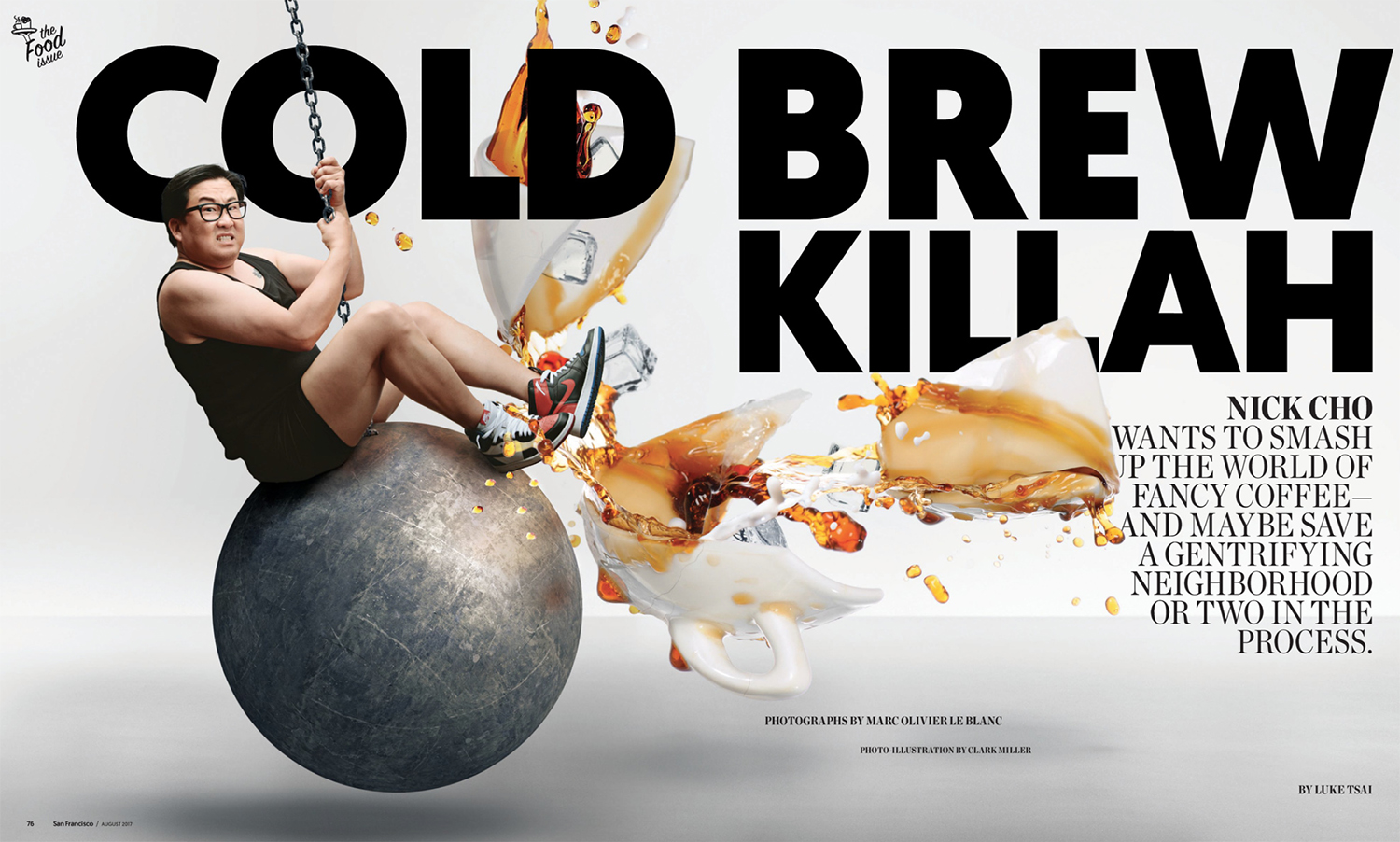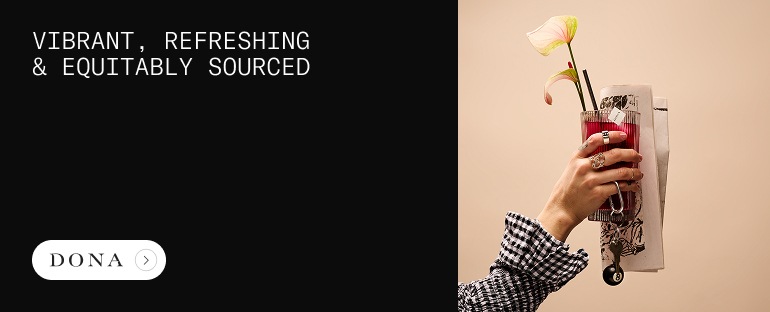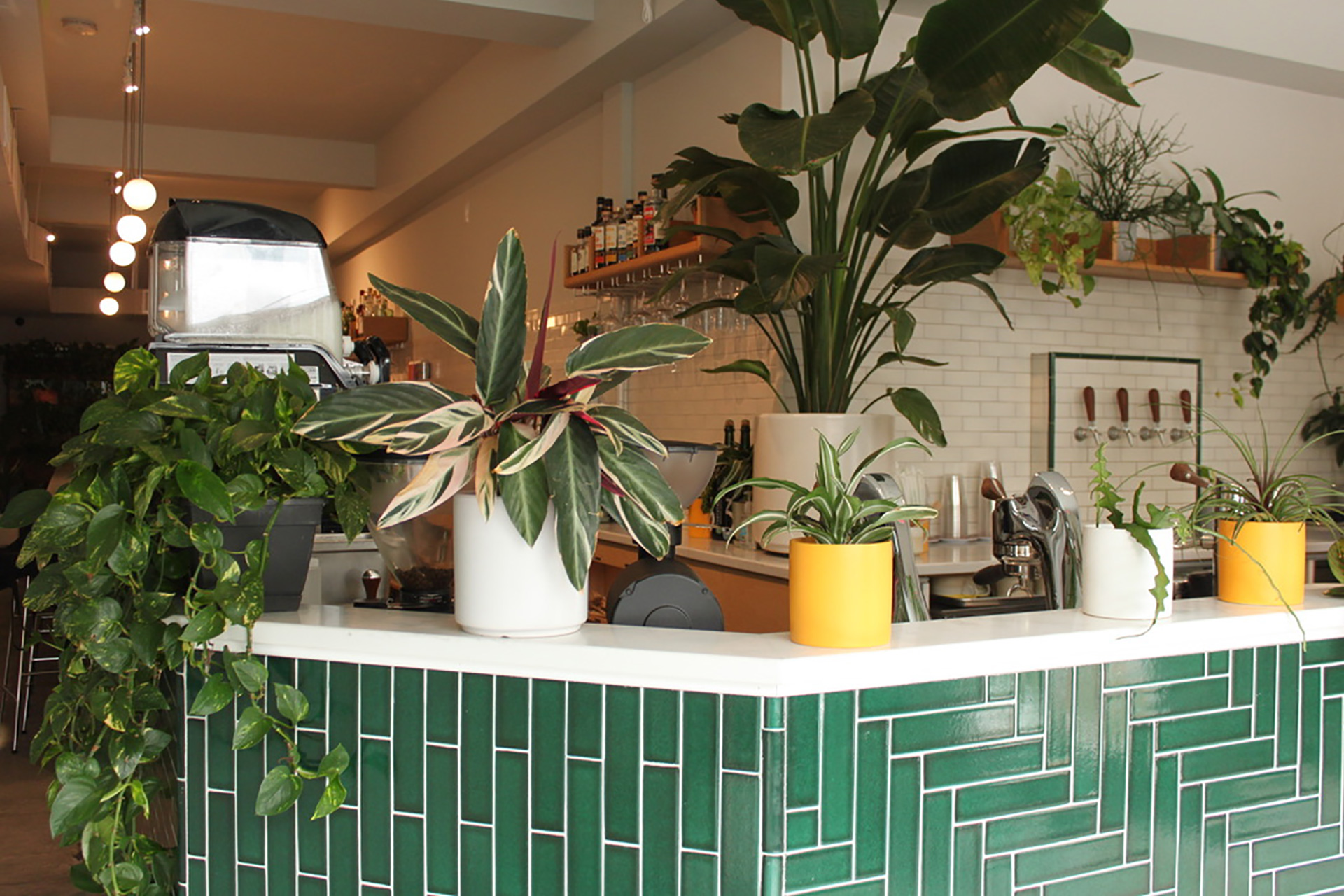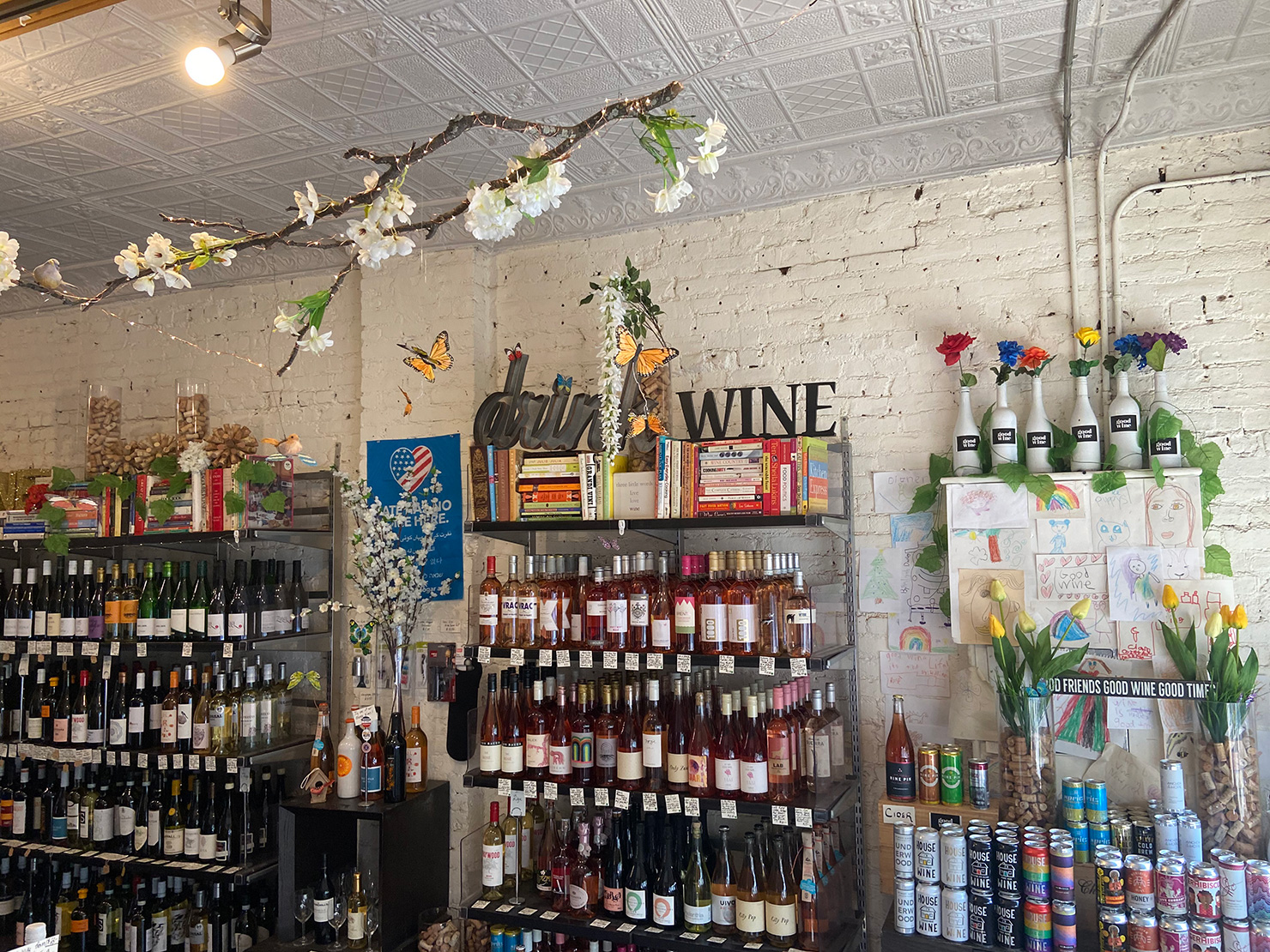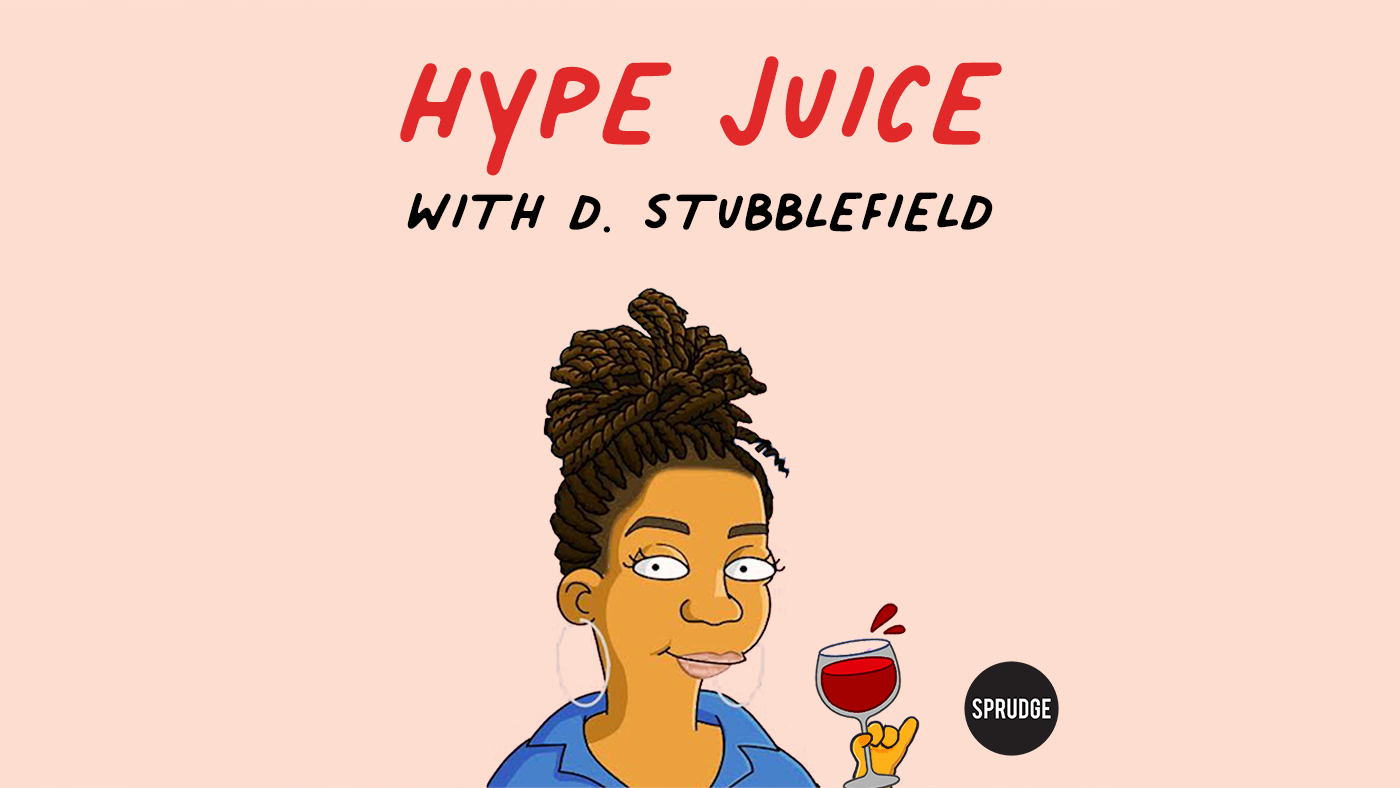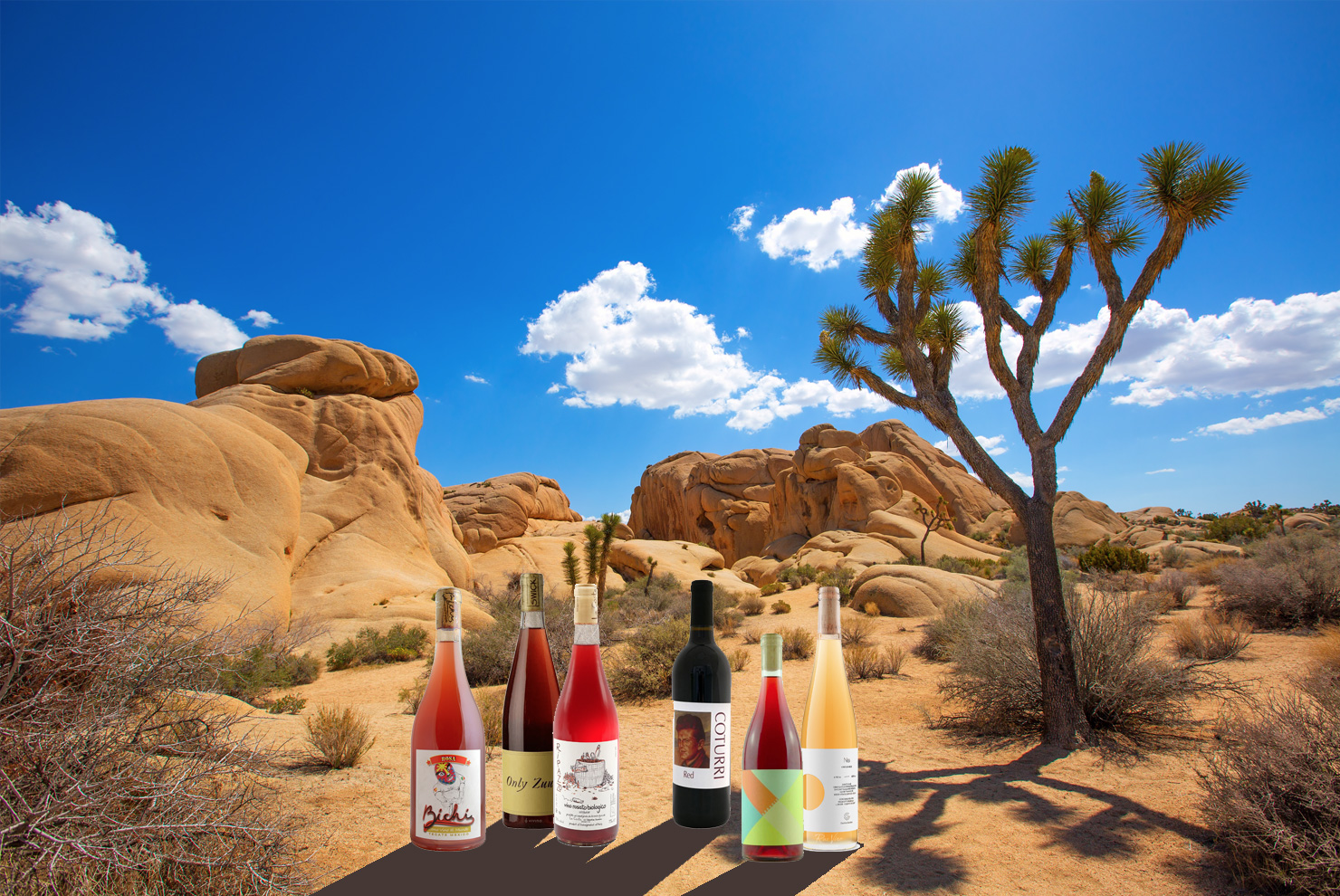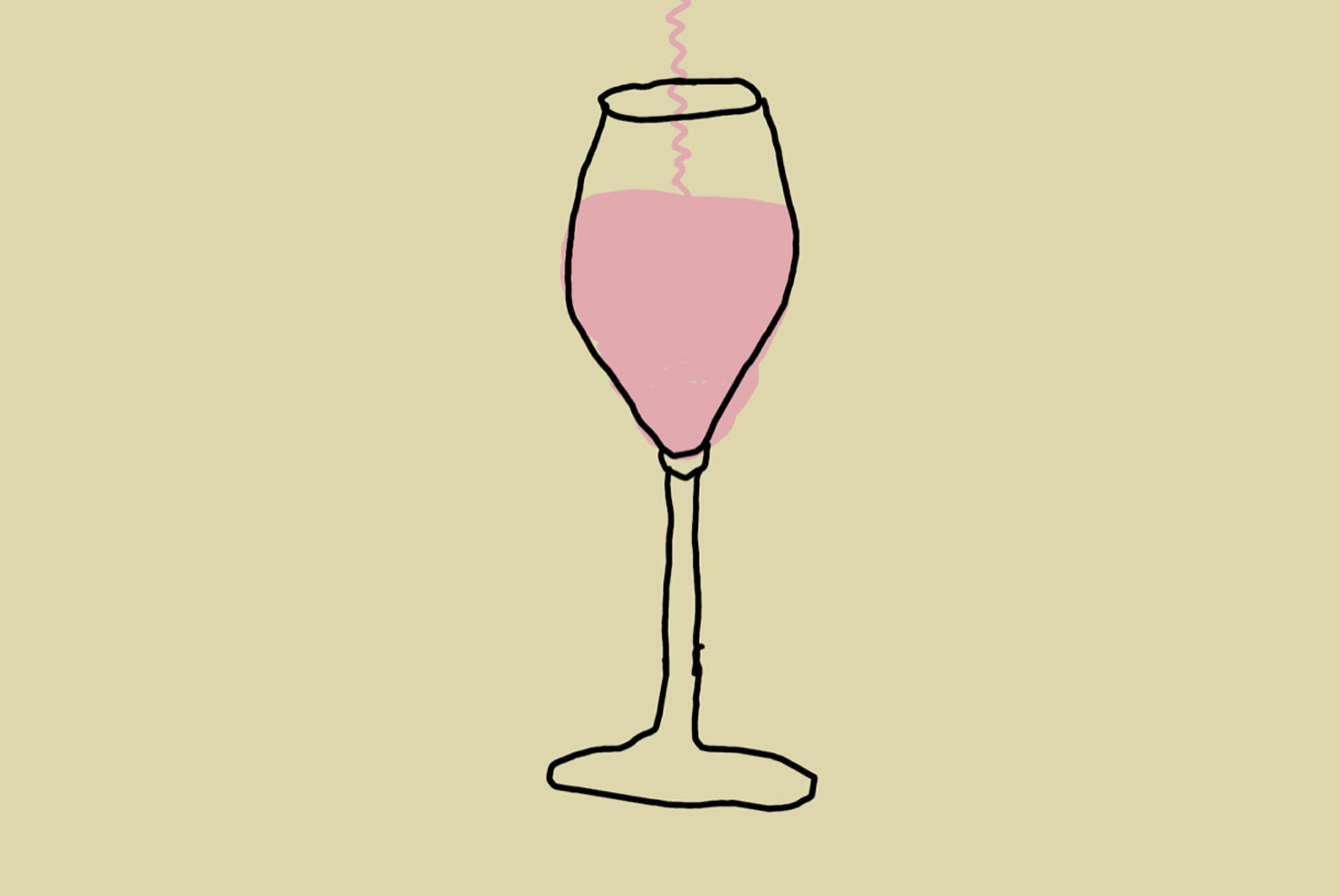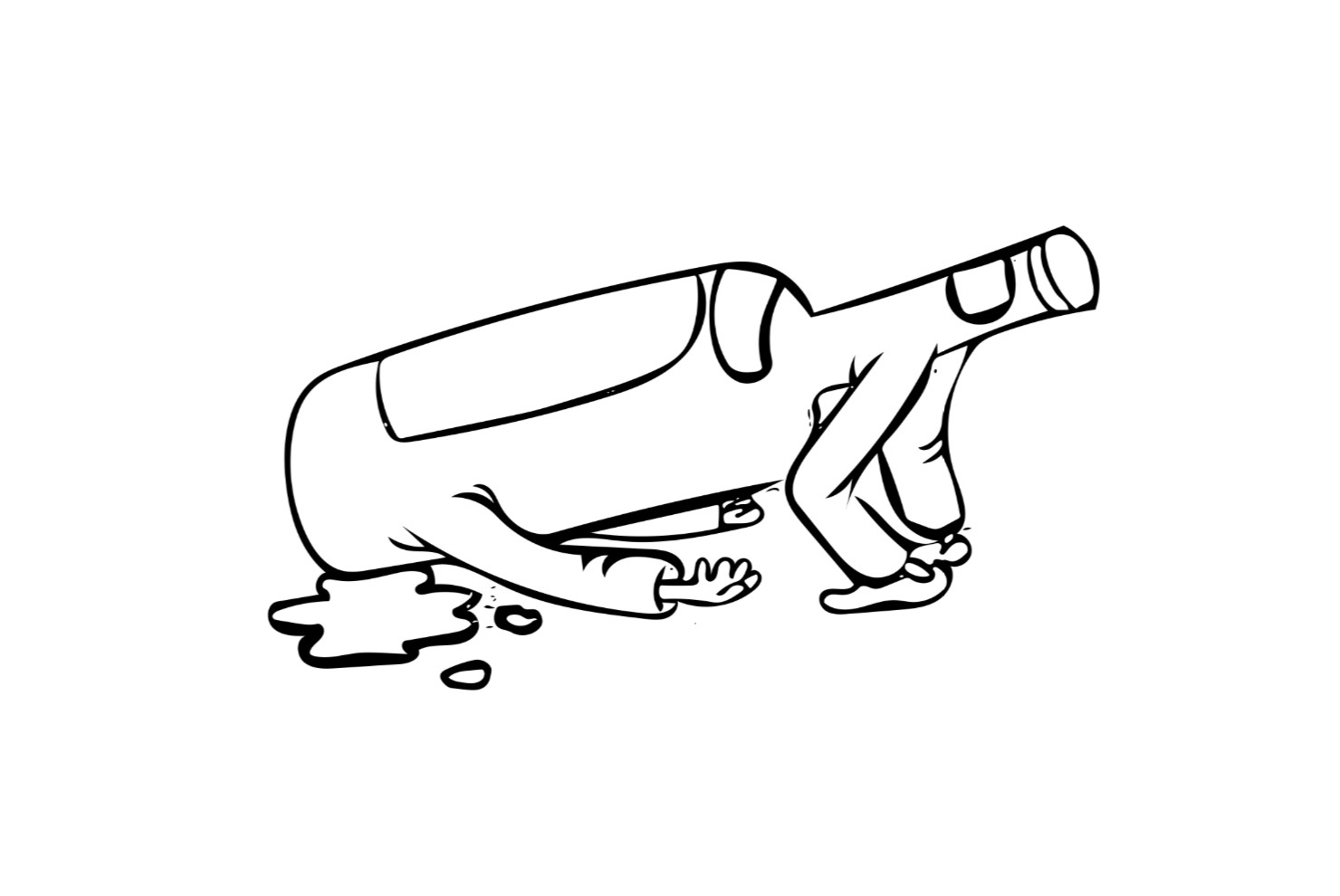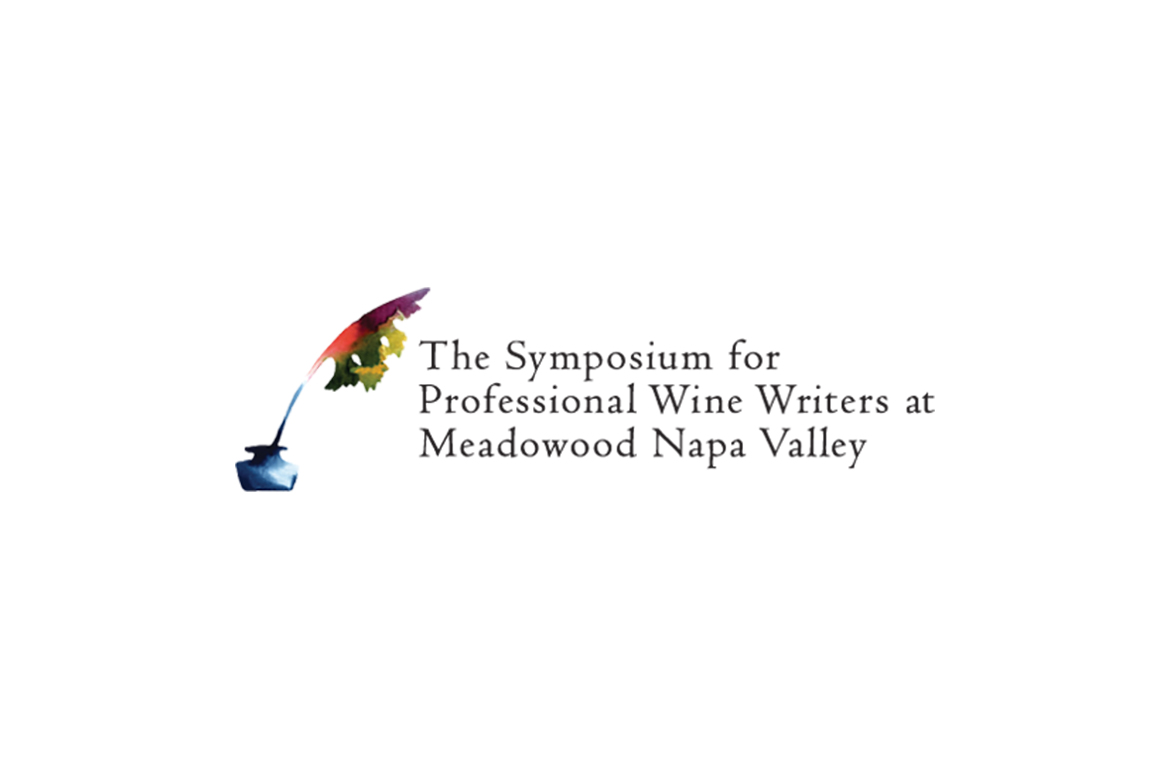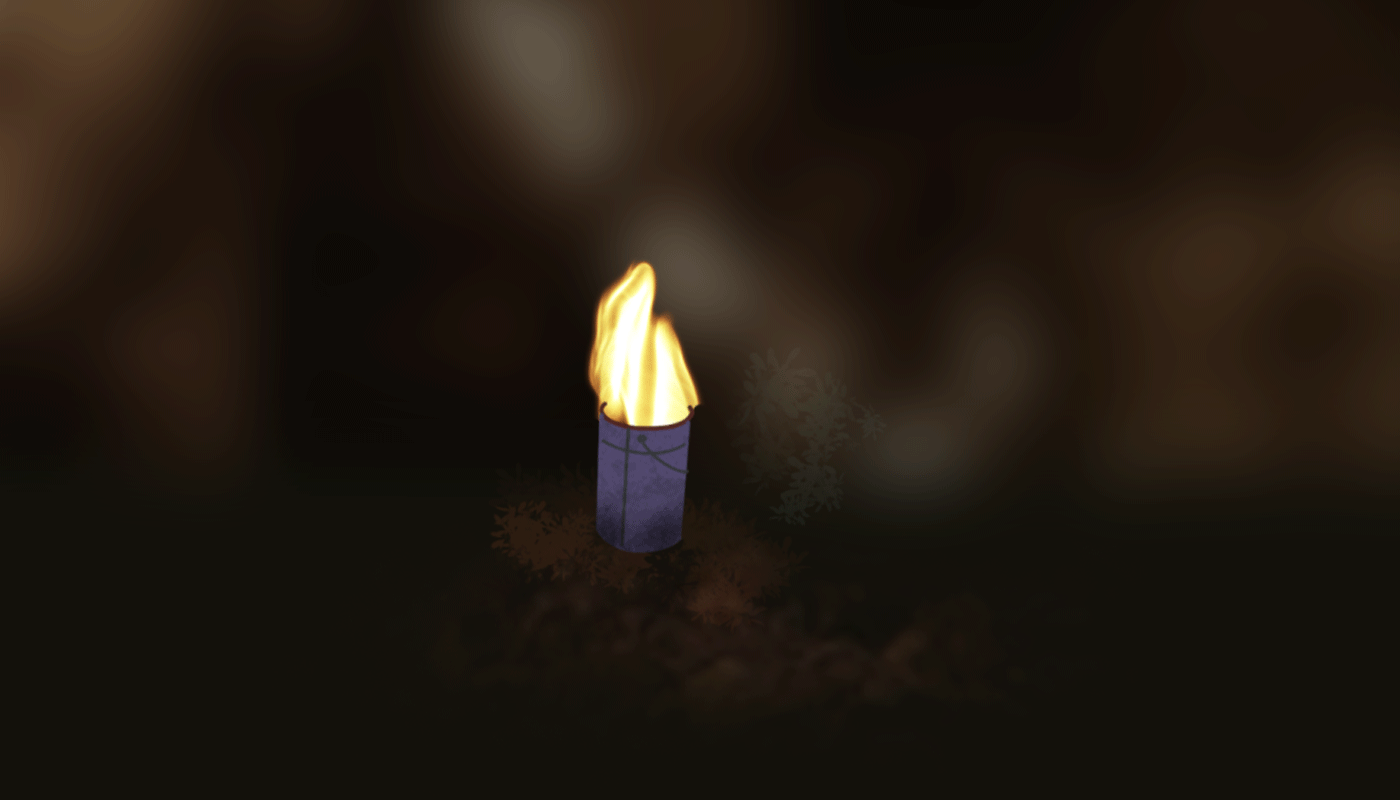It’s noon at Domaine LA—the pioneering Los Angeles natural wine shop and web store located off the corner of Melrose and Highland—and founder Jill Bernheimer is busy. It’s that vibe you get speaking to the owner at any truly in-demand wine shop: the feeling of someone waiting their turn behind you, typically with a little rolling suitcase of wines, hoping that something in it might claim an iota of limited shelf space.
“Do you mind if I eat lunch while we talk?” she asks, and I don’t. Whether proffering bottles or questions, Bernheimer’s time is valuable just the same. She launched Domaine LA in 2009, and in the eight years since it’s become a kind of bat signal beacon for natural wine geeks from across the city—and this being Los Angeles, the world. The space is stocked with New California heavy hitters like Scholium Project and La Clarine Farm, but the shop’s French and Italian import section is where the real action’s at. Domaine boasts a major selection of sparkling wines—Strohmeier, Domaine Jousset, nice grower Champagne—from sought after minimal intervention producers—Guccione, Jane et Sylvain, Matthiu Barret, and the list goes on. Bona fide great big bloody unicorns, like the Eric Pfifferling and Nicolas Renaud collab “Vensknab”, come on and off the shelves at will. It is wine retail that rewards repeat visits.

Over a light deli salad and a laptop, respectively, Bernheimer and I stole a half an hour to chat about some of the special projects they’ve worked on at the Domaine, what’s next for the venerable shop, and how the Los Angeles wine scene is changing (for the better).
This interview has been edited and condensed for clarity.
I want to start by asking about your collaboration wines. This is something unique about Domaine LA—tell me more about the program.
Absolutely. I think our best known are the wines with Jenny Lewis—we’ve done two with her and La Clarine Farm, as well as with Broc Cellars. Those wines have been tour wines, or around her album release—the one we did in 2016 was for the Rabbit Fur Coat 10th anniversary release.
We’ve also collaborated with Night+Market, bringing in a 2011 Chenin Blanc pet-nat from the Thierry Puzelat in the Loire Valley. We collaborated on bringing it to the States and sold it just here and at Night+Market. That was fun!
With where you’re located, and the entertainment industry in Los Angeles and all that, are you approached often with these concepts?
Sure. Recently a big concert promotions and events company approached us and said, “Can we do this?” But…you know, it’s different when you’re working with someone like Jenny Lewis—an artist who loves natural wine, and who works sort of outside the major studio label system. It’s very much in line with the way the winemakers are thinking, and how they’re producing their final products. And with someone like this large touring company, they want basically a cool label. If you’re promoting Madonna or some giant artist, you can’t work with small production wines. You could make something aesthetically cool looking but it would be very different from the wines we sell here in terms of mode of production.

What did you do before wine?
I was an independent producer in the entertainment industry. I produced short films and sold features. It was, you know, find a script, find the talent, find someone with money and put all those pieces together. It’s not that different from finding an existing wine with 1,000 cases and hiring an artist and making it look cool. But that’s not why I do this. If I can work with interesting people who actually love wine and are going to work with interesting winemakers that I would carry at the shop, then great. That’s what we’re talking about with Jenny. Between the three wines, we produced around 100 cases total. 25 for the first run, around 50 for the second run, and maybe 35 for the third. So let’s say 110 cases over three different distinct wines. That’s more in line with what we can do and what the winemakers we love are able to produce. We’re not BevMo.
I’m a huge fan (from afar) of your website, which gives me access to wines that aren’t necessarily imported into Portland. Is the website a big part of what you do?
Not a huge amount of our sales comes from there, but we put a lot of work into it. We take our own photos, and we care about data entry—things are searchable by categories like importer and farming practices. I didn’t see a lot of that a few years ago when I redesigned the website, and I wanted access to that information. I think it’s useful. We put excess time into the website compared to how much revenue we get that is directly measurable from it, but at the same time it’s enormously helpful because we get a lot of walk-in traffic based on people knowing we have something or they found something through Wine Searcher. It gives the world a very clear view of what the store is all about. From a marketing standpoint it’s very important.
But I’ve been hesitant to send out email sales blasts and things. I’m a reluctant capitalist, a little bit. It’s for people who aren’t buying based on points and price necessarily. As much as the world has changed and the consumer attitude towards wine and curiosity has changed, probably the majority of wine sales made are price and points driven.

Talk to me more about that change in consumer attitude. Are you seeing the market shift towards natural wine in Los Angeles?
In the last year specifically we’ve had a lot more people asking directly for natural wine here in LA. When I first opened it was almost a given that if someone walked through the doors asking about natural wine they were from somewhere else, not from LA. But now the LA consumer is very attuned to it. I think it’s a nice shift.
This has always been a very farmers market driven culture for food, but food and bev have not always lined up towards how things are made. Now there’s a greater understanding with restaurants serving smaller production, minimal intervention wines.
Are the restaurants driving interest in natural wine here?
It’s all feeding into each other. Restaurants, other wine shops—food culture in general—and publications that are highlighting these wines, and not necessarily segregating it into these categories. These are wines that have taken on the imagination of tastemakers, whether you call them natural or not, and as a result there’s more awareness. After the Munchies video with Action Bronson featuring Susucaru and Contidino, the number of inquiries and awareness of Frank Cornelisson is extremely high.
Which restaurants in LA should our readers be checking out for natural wine?
Bestia has a really good list. Night Market, of course. Cafe Stella, that list has really changed a lot since Jessie Kiefer took over and that’s a great place. Bar Bandini in Echo Park. Marvin on Beverly Boulevard near Crescent Heights. Full disclosure, I have an employee working shifts there and buying wine, but honestly they have the most hospitable list for someone who wants a glass or comes and gets a meal. Same with Stella.
Will you ever open a Domaine LA 2? Are you tempted to open out in the eastern part of the city?
I don’t want to open another retail location—I don’t want more overhead—but I wouldn’t mind opening a wine bar spot. And I’m having some conversations about this now.
On behalf of the publication, we’re looking forward to it!
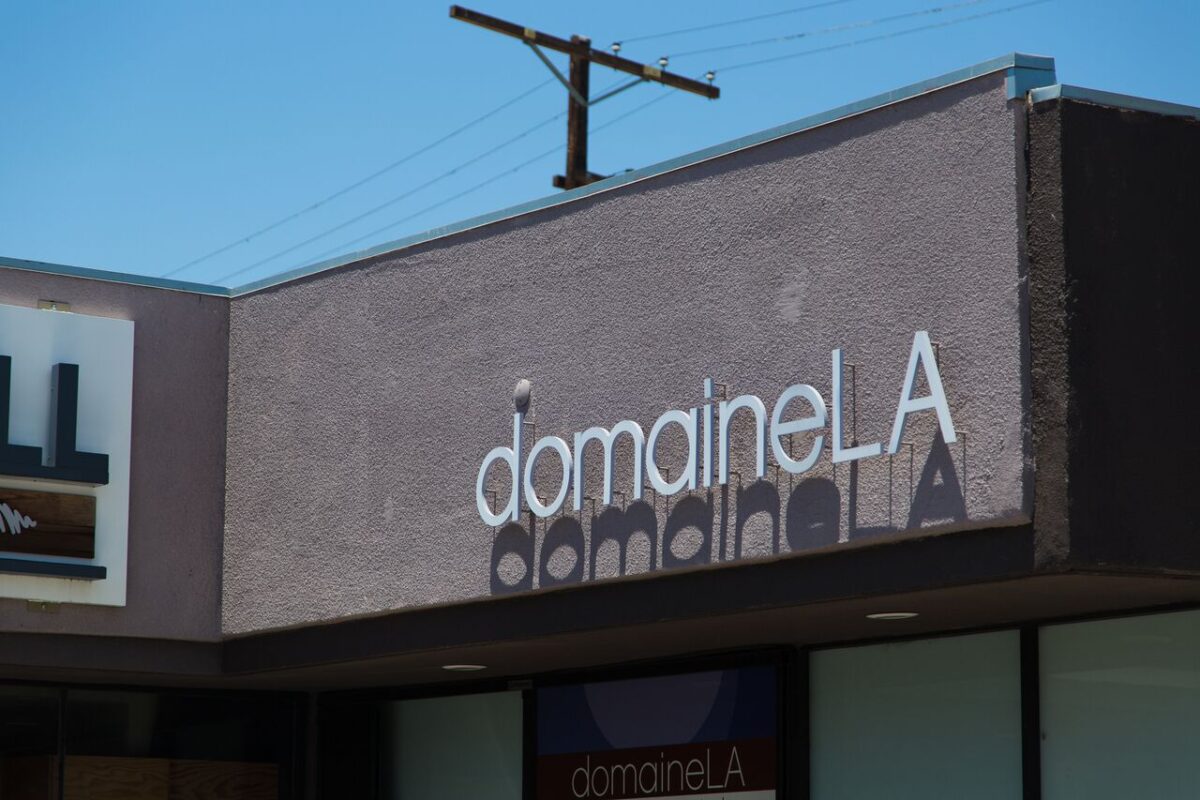
Jordan Michelman is a co-founder at Sprudge Media Network.
Photos by Devin Pedde (@dpedde) for Sprudge Media Network.




